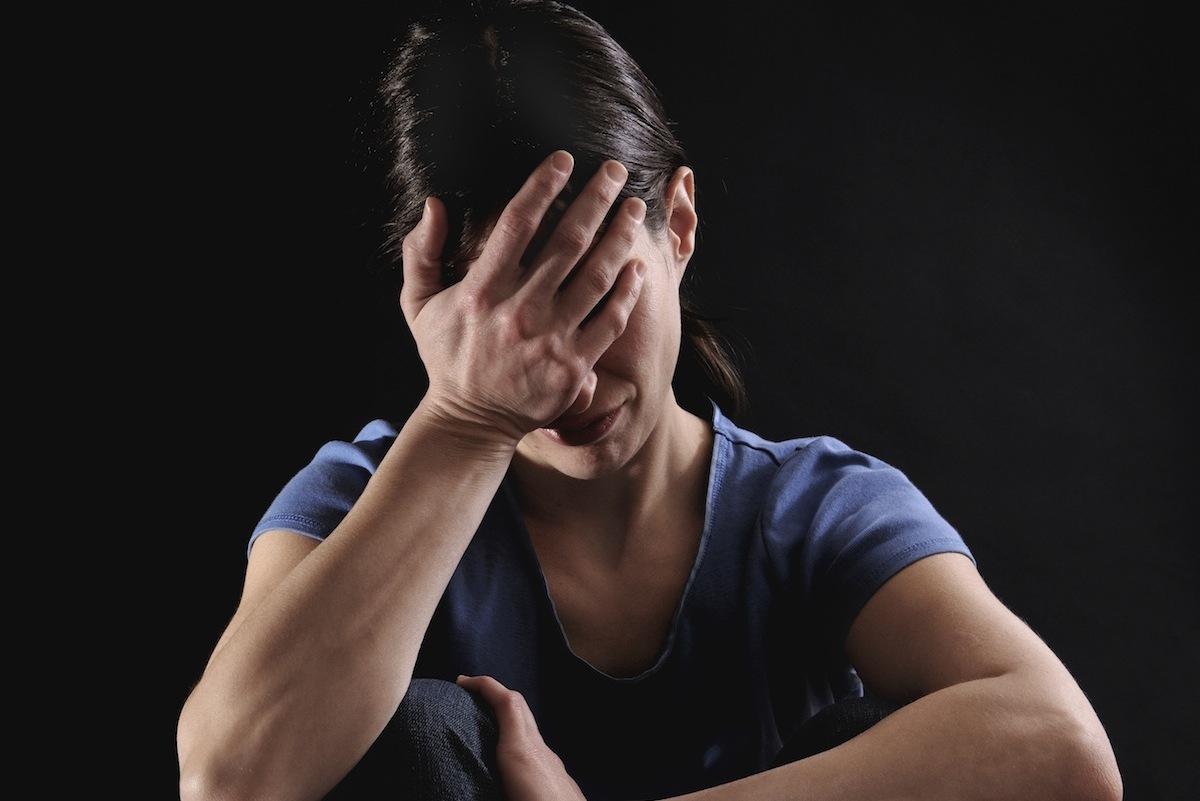What is Gambling Addiction?
If you or a loved one are dealing with a habitual dependence on gambling, this could be a sign of an addiction. You may not realize the effects that gambling addiction can have, but this illness is just as damaging and harmful as drug or alcohol addictions.
Gambling is a Behavioral Addiction
The difference between addictions to alcohol or drugs and gambling addiction is that gambling is a behavioral addiction rather than a substance addiction. According to NCBI, both types of addiction share similarities in the fact that the individual gives in to their impulses to carry out the harmful act that they are addicted to.
Both types of addiction will also present a “craving” for that substance or behavior in the individual, and engaging in the activity can produce a sort of “high” similar to the stimulation from drugs.
Addiction Affects the Brain

Someone with a gambling addiction can learn coping strategies by attending cognitive behavioral therapy.
As with substance addictions, behavioral addictions create a change within the individual that can be difficult to overcome. Over time, they will slowly become more dependent upon this activity, such as gambling, to feel satisfied or cope with stress.
Other activities or parts of their life will no longer be a priority compared to the dependency that they feel for gambling.
The Effect Reaches Beyond the Individual
Behavioral addictions have also been shown to have a negative impact on marriages, financial matters, self-esteem, and many other issues. Since the individual spends their time and energy on the repetitive, addicting activities, their personal relationships tend to suffer as a result.
Their financial situation will also suffer, if the behavioral addiction is something like gambling or shopping that can use up a lot of their money. This wastefulness of money is also another reason that marital problems may arise, if one spouse is being careless with the finances of the home.
Self-esteem of the individual will suffer, because even though they may feel a certain high while engaging in the act, they will not always be blind to the effects that their addiction has on others and their own life.
Treatment is Available
An important thing to know about recovering from a behavioral addiction is that you are not alone, and that your recovery process doesn’t have to be lonely either. The United States Department of Labor suggests support groups and sessions with a counselor in order to achieve the desired results.
The roles of a counselor would be to teach the addict the skills and behaviors that they will need to move on from this unhealthy addiction, as well as how to cope with any future temptations. The skills learned from a counselor and support group can make the difference in an individual’s recovery from a behavioral addiction.
If you or a loved one are facing the struggles of a behavioral addiction like gambling, just call 888-647-0051 (Who Answers?) to speak with a caring specialist about any questions or concerns you may have. It is important to find your path of recovery soon in order to improve your life and maintain a healthier well-being overall.






